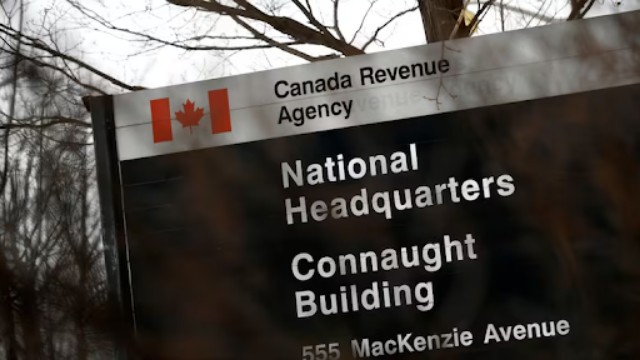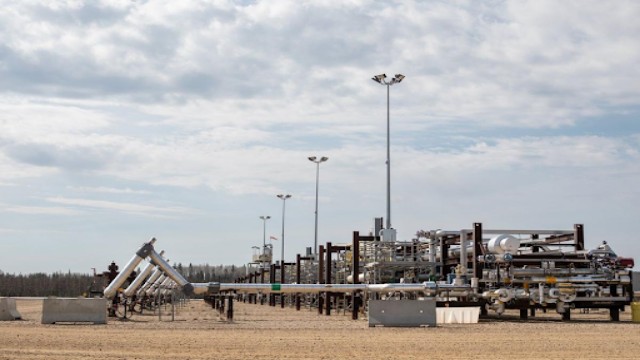
In image, Dion George, South Africa environment minister during the COP29 U.N. climate summit, Friday, Nov 22, 2024. (AP Photo/Peter Dejong)
BAKU, Azerbaijan — As the United Nations climate summit, COP29, entered its final scheduled day on Friday, delegates expressed growing frustration over the lack of progress on key issues, particularly climate finance. Despite nearly two weeks of discussions, wealthy nations have yet to commit to the financial support that developing countries need to combat climate impacts.
The focus of this year’s summit has been on securing funds to help developing nations adapt to the effects of climate change, transition to clean energy, and recover from extreme weather events. Experts estimate at least $1 trillion per year is required, but draft agreements released on Thursday contained no concrete financial commitments. This omission sparked anger among delegates from vulnerable countries, who argue that wealthy nations must take responsibility for their historical greenhouse gas emissions.
Adding to the pressure, Azerbaijan, the oil-producing host nation presiding over COP29, is facing scrutiny for its role in navigating the talks. Late Thursday, the summit’s presidency issued an optimistic statement, claiming progress was being made and promising updated draft proposals on Friday.
Frustration Grows Over Stalled Negotiations
Observers and negotiators expressed disappointment as they awaited the new drafts. Harjeet Singh, from the Fossil Fuel Non-Proliferation Treaty initiative, criticized the lack of action, saying, “No deal is better than a bad deal.” He accused developed nations of negotiating in bad faith by refusing to specify how much funding they are willing to provide for climate mitigation and recovery.
“Things are absolutely stuck,” Singh added.
Bryton Codd, a negotiator for Belize, echoed the frustration, noting that many participants feel disheartened by the slow progress. “Every year, we come here, not out of excitement but necessity,” he said.
Joseph Sikulu, a Tongan activist with 350.org, stressed the urgency of a robust financial commitment. “Nothing less than $1 trillion in grants per year will ensure a just transition for those most affected by climate change,” he said.
‘Utter Disrespect’ for Vulnerable Nations
The absence of a specific financial figure in the drafts was described as a “slap in the face” by Juan Carlos Monterrey Gomez of Panama. He called the lack of transparency a sign of disrespect toward nations that bear the brunt of climate change.
Developed nations, meanwhile, faced criticism for not taking stronger stances on phasing out fossil fuels. European countries and the United States voiced dissatisfaction with proposals that failed to reiterate last year’s commitments to reducing fossil fuel use.
U.S. climate envoy John Podesta said he was surprised by the lack of progress on previously agreed goals. Meanwhile, UN Secretary-General António Guterres emphasized the urgent need to phase out fossil fuels, warning that without such a shift, limiting global warming to 1.5 degrees Celsius would be impossible.
As negotiations stretched into overtime, the gap between promises and action remained wide. Delegates from developing nations warned that anything short of a bold financial plan would undermine trust in the process and leave millions vulnerable to the worsening effects of climate change.















